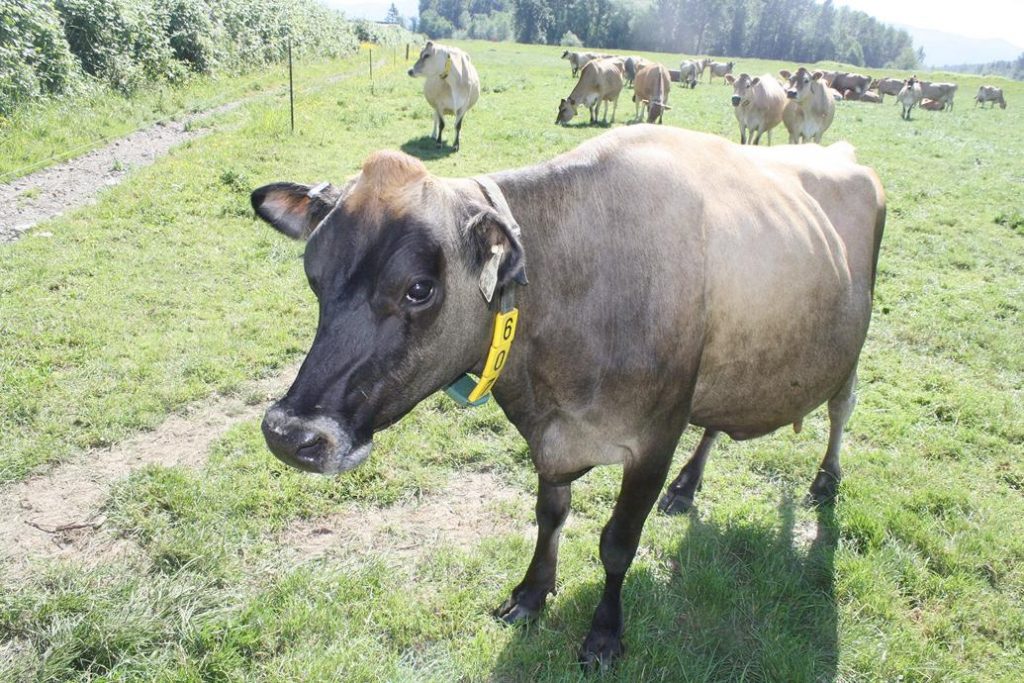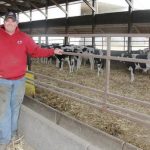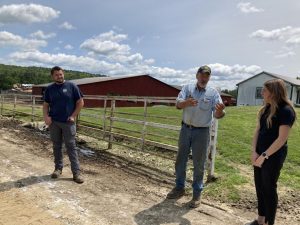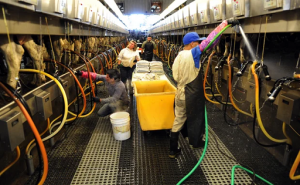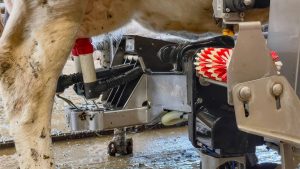
The three-judge panel sent the regulations, contained in permits issued to dairies and other confined animal feeding operations, back to Ecology.
It was unclear how the ruling would affect Ecology’s timeline for updating the rules, which are due to expire in March 2022.
Ecology already is working on a new CAFO permit and may have a draft proposal soon. An Ecology spokeswoman said the department was reviewing the decision and considering its next step.
Ecology issued the CAFO permit in 2017 after lengthy discussions with the dairy industry and environmental groups. The regulations didn’t entirely satisfy either group, and both sides appealed aspects of the permit.
The appeals were merged into one case. The court handed the coalition of environmental groups, led by the Puget Soundkeeper Alliance, a nearly total victory.
The court did reject claims by the environmental groups that manure lagoons should have synthetic liners and leak-detection systems. The judges agreed with Ecology and the dairy industry that synthetic liners would be too expensive.
The court, however, said the permits failed to set deadlines for repairing lagoons that were at risk of leaking nitrates into groundwater. High levels of nitrates are a health risk, especially for infants and unborn children.
The court also said farmers should be required to monitor water quality. Ecology had argued that testing soils and other conditions in the permit were sufficient. Monitoring wells was impractical and didn’t prevent pollution, according to Ecology.
The court also faulted Ecology for not considering the effects of climate change in writing the regulations.
Washington State Dairy Federation director Dan Wood said dairies look forward to talking about the industry’s efficient use of land and water.
“Dairy farmers have a remarkable story to tell with regard to environmental improvements and addressing climate change,” he said.
The judges also said pollution-prevention plans written by individual dairies should be subjected to public comment.
The court rejected the one appeal brought by the Dairy Federation and Washington Farm Bureau.
The farm groups argued that a formula developed in the United Kingdom for determining when crops were ready to take up manure nutrients in the spring would stunt crops in Eastern Washington.
The court ruled that crop growth wasn’t the point and that there wasn’t any evidence the formula would not protect groundwater.
The permit, wrote Judge Anne Cruser, “does not require promotion of the greatest crop yields.”
The court didn’t take into account climate differences between Eastern and Western Washington, Wood said.
“We’ll continue to work with Ecology to help them understand that there are two distinct climate areas in our state and that standards must be developed for each…,” Wood said.
Judges Linda Lee and Lisa Sutton concurred in the opinion.
Washington has approximately 300 dairies. Dairies and other CAFOs are not required to obtain permits, but the permits provide some protection from fines and lawsuits. Any operation that confines livestock to an enclosed area for 45 days in a year meets the definition of a CAFO.
The other environmental groups involved in the appeal are the Sierra Club, Waterkeeper Alliance, Center for Food Safety, Friends of Toppenish Creek and Community Association for the Restoration of the Environment.
